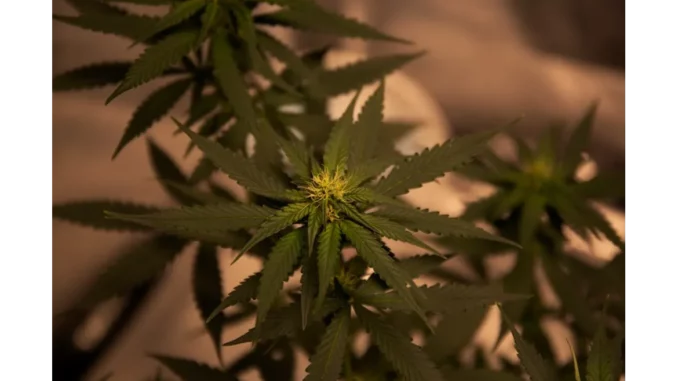
The burgeoning field of medical cannabis has captured significant attention as a viable treatment option for a range of conditions, including chronic pain and anxiety. However, a major challenge persists in determining the appropriate dosage for individual patients. This complexity stems from the unique manner in which each person metabolises cannabinoids, influenced by factors such as age, weight, metabolism, and tolerance levels. The advent of artificial intelligence (AI) in this domain holds the promise of transforming cannabis dosing, offering a more personalised and precise approach.
Healthcare data growth can be overwhelming scale effortlessly with TrueNAS by Esdebe.
Determining the correct cannabis dosage is a multifaceted process. The human body’s interaction with cannabinoids like THC and CBD is intricate and further complicated by the wide variety of cannabis products available, each with differing concentrations of cannabinoids and terpenes. Striking the right balance is critical; excessive THC can lead to adverse effects such as anxiety and paranoia, potentially undermining the therapeutic benefits of cannabis. Despite the growing acceptance of cannabis in medical treatments, many healthcare systems still lack standardised dosing protocols. This absence often leaves patients and healthcare providers reliant on a trial-and-error approach, which can be both frustrating and time-consuming. The necessity for innovative solutions is evident, and AI presents a promising avenue forward.
Artificial intelligence, with its ability to analyse vast datasets and discern patterns, is well-suited to address the challenges of cannabis dosing. By employing machine learning algorithms, AI can process patient data—encompassing medical histories, symptoms, and responses to earlier treatments—to generate personalised dosing recommendations. This data-driven methodology can help standardise cannabis treatments, reducing reliance on guesswork and enhancing patient outcomes. Various AI tools are currently in development to assist in this realm. For example, platforms enabling patients to input details about their condition, symptoms, and the type of cannabis product they are using can provide dosage suggestions based on similar patient profiles. Some systems even incorporate real-time feedback, allowing for dynamic adjustments to dosing recommendations as the AI learns from patient responses.
AI’s application in cannabis dosing is exemplified by platforms that pair patients with the most suitable cannabis strains and dosages tailored to their needs. These systems integrate data on strain-specific effects and user experiences, predicting outcomes for new patients and providing customised recommendations. The legal framework surrounding THC, a prominent cannabinoid, also influences AI’s potential impact. Under the 2018 Farm Bill, THC products derived from hemp are federally legal in the United States, provided they contain less than 0.3% THC by dry weight. AI tools can guide consumers in safely incorporating these products into their routines, ensuring therapeutic benefits while minimising risks.
The integration of AI in cannabis dosing holds broader implications for the healthcare sector. AI’s capacity to offer evidence-based recommendations can bridge gaps in treatment protocols, promoting a wider acceptance of natural therapies within mainstream healthcare. Furthermore, integrating AI with telehealth platforms and wearable technology could enhance real-time patient monitoring, offering a more comprehensive approach to cannabis treatment. By delivering data-driven insights, AI can help mitigate the stigma surrounding medical cannabis, positioning it as a legitimate and effective treatment option.
As AI continues to evolve, its role in streamlining cannabis dosage recommendations is likely to expand, presenting new possibilities for personalised medicine. By addressing the challenges of individualised dosing, AI not only enhances patient care but also sets a precedent for the integration of advanced technology in alternative medicine. This progression underscores a broader shift towards more personalised, data-driven healthcare solutions, paving the way for the future of medical treatment.


Be the first to comment